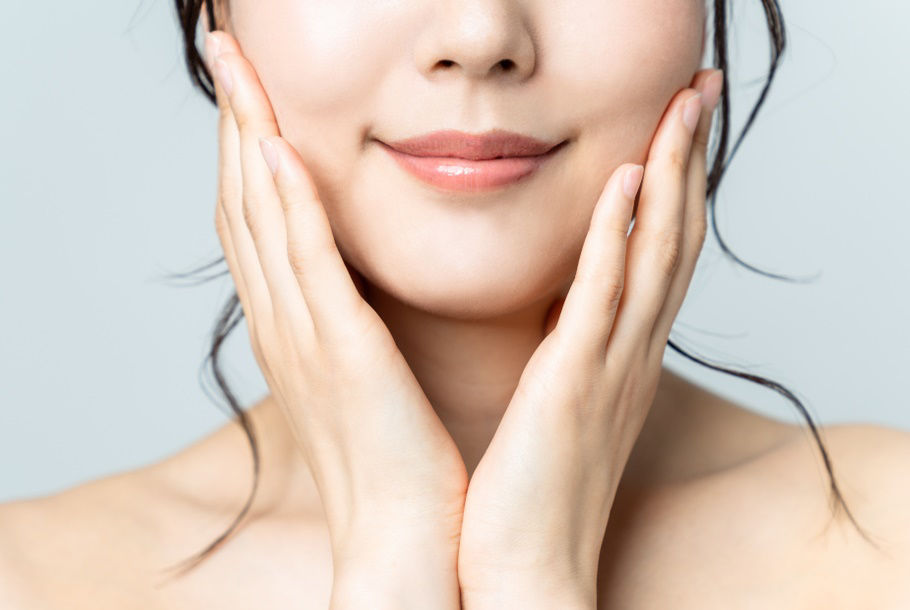Ceramides are lipid molecules found within cell membranes in the upper layer of our skin. They are the ones that hold our skin cells together, forming a protective barrier that makes our skin retain its plumpness and moisture. They act as a barrier against foreign substances such as bacteria and environmental pollutants (1).
Ceramides can be damaged by using skincare products that are not suitable for our skin as well as by other factors including environmental factors. When the ceramide is damaged, it will cause an allergy reaction to our skin and hence, causing it to be sensitive.
What Are the Benefits of Ceramide?
1. Retaining Moisture and Strengthening of Skin Barrier
We have all been exposed to strong sunlight and some of us do not wear sunblock whenever we head out. Overexposure to the sun’s UV radiation is harmful to our skin as it can lead to skin cancer and damage to our eyes. This is when ceramide comes in handy as it helps to retain our skin’s moisture as well as to strengthen our skin barrier for better absorption.
2. Good for Those Who Have Eczema
People with eczema suffer from damaged skin due to allergic reactions. Those with eczema and psoriasis condition have fewer ceramide in the upper layer of their skin compared to those with normal skin. Thus, using products that contain ceramides can improve these conditions over time.
3. Good for Hair
Apart from being able to retain moisture and strengthen the skin barrier, ceramides are also good for our hair. Ceramides are added to some hair products as it makes our hair less porous with better shine. Additionally, it also strengthens and prevents dryness of the hair.
Ceramides are known to be beneficial for our skin. However, as we age, the ceramide levels in our skin decrease. Therefore, when people get older, their skin becomes drier and wrinkles appear. Usage of medications like cholesterol drugs and applying harsh products on our skin can also disrupt the ceramide levels.
References:
1. Coderch, L., López, O., De La Maza, A., & Parra, J. L. (2003). Ceramides and skin function. American Journal of Clinical Dermatology. https://doi.org/10.2165/00128071-200304020-00004
nutrition
Are You Constantly Feeling Tired?
Wednesday, 30 October 2019
Read on to find out the list of healthy foods that can help to get your energy back and stay productive wherever you are!

















![[BUNDLE OF 2] Singlion Vitamin C + Lutein + Zinc Effervescent](https://www.vitasg.sg/images/thumbs/0002225_bundle-of-2-singlion-vitamin-c-lutein-zinc-effervescent_415.jpeg)

